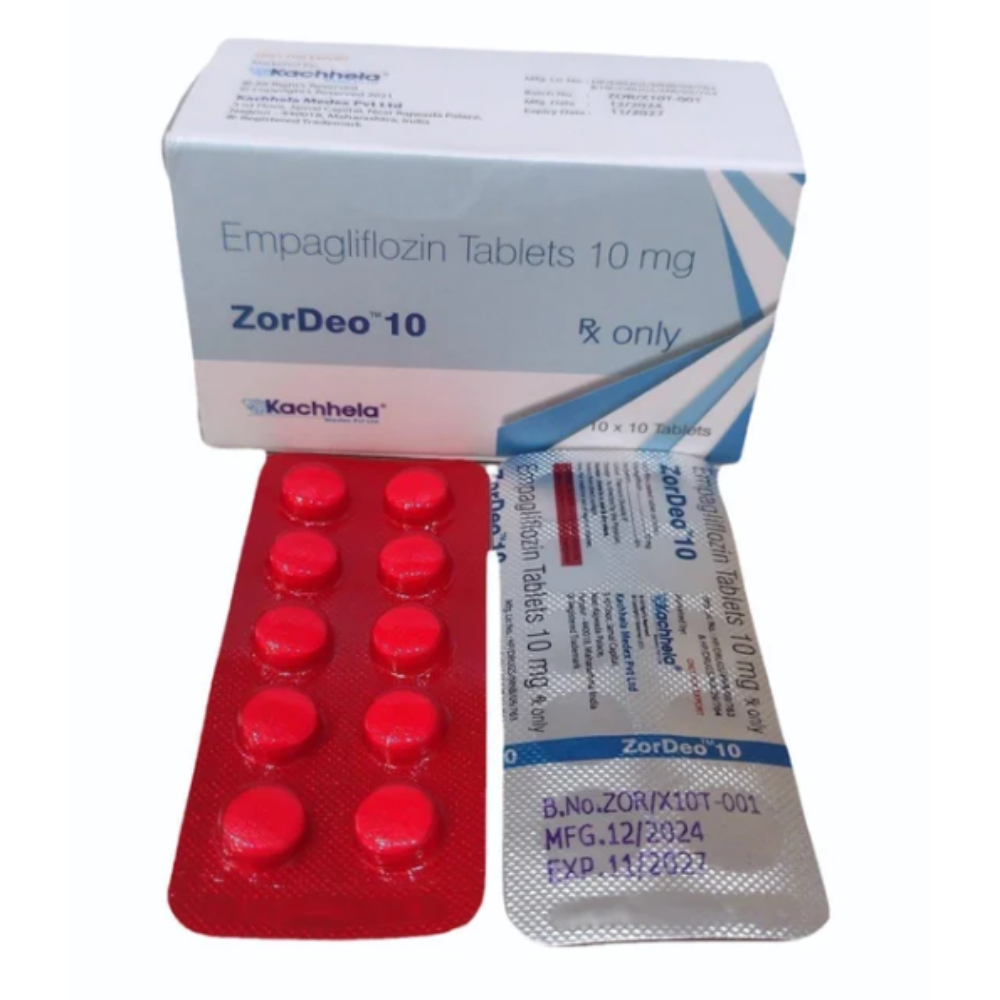fenbendazole: A Full Breakdown for Pet Owners
Understanding the Benefits and Uses of Fenbendazole in Veterinary Medication
Fenbendazole has developed itself as a vital anthelmintic in veterinary medicine. Its capability to target different parasitical infections makes it a useful tool for vets. The medicine's device interrupts important cellular processes in parasites, causing reliable therapy outcomes. Its safety profile varies between varieties, necessitating mindful consideration in its usage (fenbendazole 444). Recognizing these dynamics can shed light on fenbendazole's more comprehensive implications in veterinary care and recurring study right into its potential past standard applications
Mechanism of Action of Fenbendazole

Common Parasitical Infections Treated With Fenbendazole
A variety of parasitical infections are efficiently treated with fenbendazole, making it a functional choice in vet medicine. This anthelmintic agent is specifically effective against nematodes, consisting of roundworms and hookworms, which typically affect canines and pet cats. It is additionally utilized for the therapy of cestodes, such as tapeworms, giving a broad range of action versus both sorts of digestive tract parasites. Additionally, fenbendazole is useful in managing infections brought on by protozoa, especially Giardia, which can cause gastrointestinal distress in pets. Its efficiency extends to treating certain lungworms in pooches and felines, addressing respiratory health and wellness concerns connected to these bloodsuckers. Generally, fenbendazole's capacity to target numerous parasitical varieties makes it a useful tool in vet technique, making certain the wellness and well-being of pets affected by these usual infections.
Safety and security and Efficiency in Various Pet Types
The security and efficacy of fenbendazole vary amongst different pet types, underscoring the importance of species-specific considerations in vet medication. In dogs, fenbendazole is generally well-tolerated and effective versus an array of gastrointestinal bloodsuckers, consisting of roundworms and hookworms. For felines, however, its usage is less typical and might call for careful application as a result of prospective unfavorable reactions.
In livestock, such as livestock and lamb, fenbendazole shows effectiveness against different endoparasites, adding to enhanced health and wellness and performance. The pharmacokinetics and potential side impacts can differ considerably in between species, requiring mindful examination by vets.
Horses also react positively to fenbendazole, especially for dealing with strongyles and ascarids, though dose and administration routes must be customized to their one-of-a-kind physiology. As a result, recognizing these differences is important for optimizing therapy outcomes and making certain animal well-being throughout varied species.
Management and Dosage Guidelines
Proper administration and dose standards are crucial for taking full advantage of the therapeutic results of fenbendazole while reducing prospective negative effects. The dose typically differs relying on the types being dealt with, the specific problem, and the formula of fenbendazole used. fenbendazole capsules. For pet dogs and cats, a typical dose is 50 mg/kg body weight, provided when daily for three consecutive days, yet vets may readjust this based upon private health assessments
It is very important to administer fenbendazole with food to boost absorption and decrease stomach distress. The medication is available in different types, including granules and paste, permitting flexible administration options. Checking the pet's reaction during and after therapy is advisable to validate effectiveness and safety and security. Additionally, veterinary support is vital to determine the proper period of therapy based on the kind of parasitical infection being fenbendazole 444 resolved, guaranteeing optimal results for the pet's health and wellness.
Future Perspectives and Study on Fenbendazole
Research study on fenbendazole continues to progress, concentrating on its prospective applications beyond conventional antiparasitic uses. Current studies have actually discovered its efficiency in dealing with numerous types of cancer, specifically in vet oncology. Initial information suggest that fenbendazole may hinder the development of growth cells and enhance the results of various other chemotherapeutic representatives.
Researchers are examining its function in managing stomach conditions in animals, highlighting its anti-inflammatory residential or commercial properties. The adaptability of fenbendazole for various types questions about its safety and security accounts and ideal dosing programs in diverse populaces.
As passion expands, there is a need for complete professional trials to establish evidence-based guidelines for these unique applications. Future study may additionally examine the devices behind fenbendazole's impacts, possibly leading the way for innovative healing strategies in vet medicine. The continuous exploration of fenbendazole can considerably improve treatment options for numerous veterinary conditions.

Frequently Asked Questions
Is Fenbendazole Safe for Pregnant Animals?
The safety of fenbendazole for expecting pets continues to be unclear. While some researches recommend very little risk, veterinarians typically suggest care and usually discourage its usage while pregnant unless the benefits clearly outweigh possible risks.
Can Fenbendazole Be Made Use Of in Animals?
Fenbendazole is frequently utilized in livestock to treat different parasitic infections. fenbendazole 222. Its efficiency versus stomach worms makes it a beneficial anthelmintic, adding to improved wellness and efficiency in animals raised for food and fiber
What Are the Side Effects of Fenbendazole?

The negative effects of fenbendazole might include stomach disturbances, sleepiness, and allergies. In uncommon situations, a lot more extreme reactions can happen, necessitating careful surveillance and examination with a vet throughout treatment.
Just How Does Fenbendazole Compare to Various Other Dewormers?
Fenbendazole offers broad-spectrum effectiveness against different parasites, typically comparing positively to other dewormers. Its unique device targets various life phases, making it efficient, while usually presenting a favorable security profile compared to alternatives available on the marketplace.
Can Fenbendazole Be Used for Treating Cancer in Pet Dogs?
The possibility of fenbendazole in dealing with cancer in pets has actually amassed interest. Preliminary researches suggest it might prevent cancer cells cell growth, however further study is necessary to verify its efficiency and safety and security in veterinary oncology.